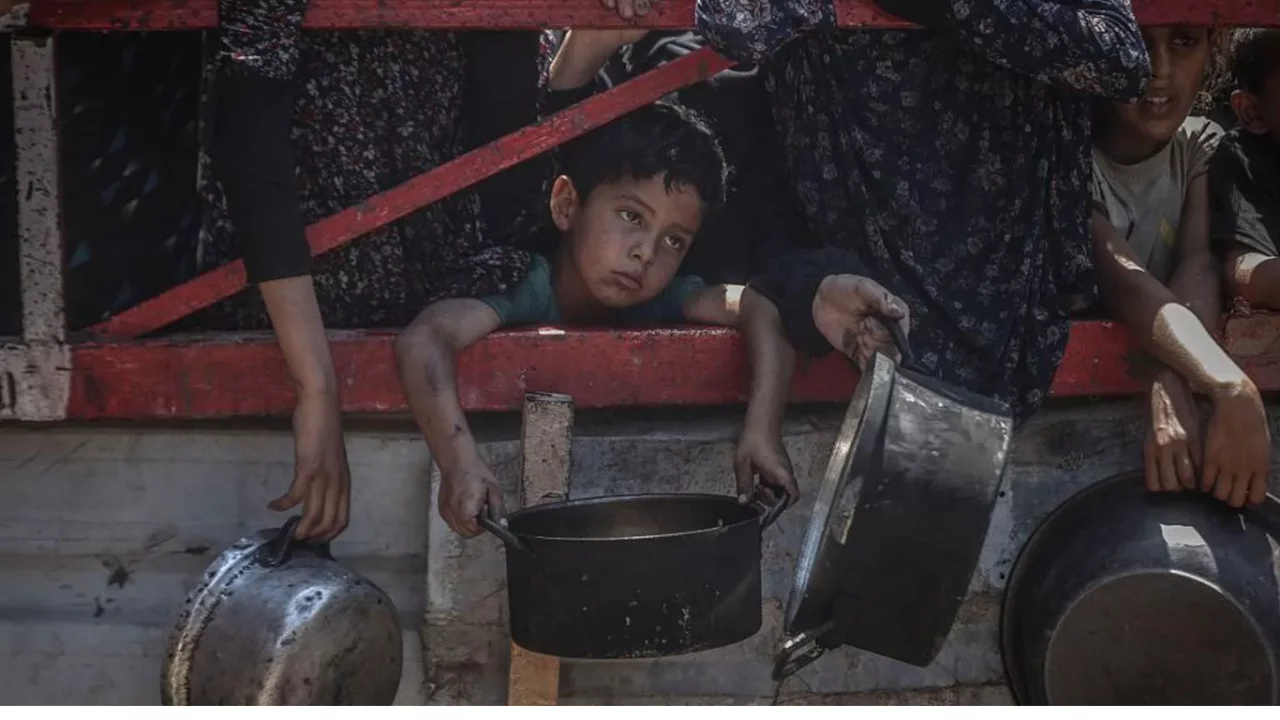Hope for aid arises in Gaza, but civilians await lasting peace

More than two million residents of the Gaza Strip cautiously welcomed news of a humanitarian pause and permission for aid convoys to enter. However, many citizens are concerned that this is only a temporary measure and will not address the root problems.
On Sunday, the Israeli army announced the opening of humanitarian corridors to allow convoys delivering food and medicine to enter Gaza. This decision came amid rising hunger risks and growing international pressure.
In recent months, daily life in Gaza has nearly ground to a halt — due to bombings, border closures, and disrupted supply routes, the population is experiencing severe shortages of food, clean water, and medicine.
According to Israeli officials, they have delivered seven packages of aid to Gaza by air, consisting of flour, sugar, and canned goods.
Nivin Salih, a mother of six, said: “It’s not just about the amount of food, it’s about the quality too. We haven’t had a single fresh fruit or vegetable in four months. There’s no chicken, meat, or eggs. Only expired canned food and flour.”
Health experts in Gaza report that food insecurity is growing, especially among children and those with special dietary needs.
At the Rafah crossing on the Gaza-Egypt border, aid trucks are lined up. The UN and other humanitarian organizations emphasize that nothing should hinder the delivery of aid, which must enter freely.
Ahmad Taha, a shopkeeper in northern Gaza, said: “This is not a permanent solution. It’s like giving a painkiller for cancer — the core problem remains.”
While Gaza’s residents are grateful for the aid, they are eagerly awaiting a stable political solution that leads to peace.
Read “Zamin” on Telegram!




















